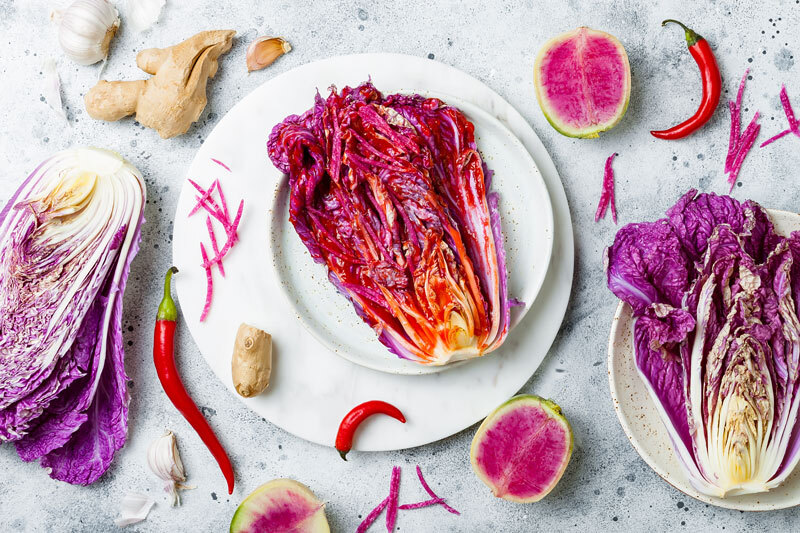Probiotics, check. Fermented foods, check. Digestive enzymes, check. Ginger tea, check. Optimizing gut health seems easier than ever. Check off this list, and your gut’s golden. Right?
Sometimes we focus on what the latest trending doctor has to say (or product to promote) to forget how simple wellness can be. Keeping our gut health in check is no different. Sure we’ve got the supplements, and sure we’ve removed all the irritating foods, but have we looked at what’s right in front of our faces?! In this article, we’re diving into the top 3 sneaky gut health offenders. And guess what—these are offenders that we can fix quickly and easily.
Inactivity // Lack of Exercise
Our GI tracts love movement. One study found that the more physically fit you are, the more diverse your microbiome is. Another study found that aerobic exercise increased the amount of bacteria in your digestive tract and promoted bacterial diversity.
TRUTH BOMB:
You’re
Already killing it!
If You Were More Consistent With Your Wellness Routine, You’d Be Unstoppable.
When we nourish our guts with exercise, it has a trickle-down effect on our brain health. We know the connection between gut and brain health, so adding regular exercise to your routine is beneficial for more than just your microbiome.
As far as types of exercise go, it doesn’t really matter. If you’re a pilates girl, great. Prefer HIIT? Perfect. More of a walk around town girl—fabulous. As long as you move every single day, your gut will love you for it.
Now, let’s all repopulate our guts. How are you going to move today?
Vitamin D Deficiency
Just like our brains, our digestive system goes crazy for a little sunshine. Vitamin D plays a critical role in promoting a beneficial gut bacteria. If you lack vitamin D, there’s a good chance your gut health and immune system is struggling. That’s because more than 70 percent of the body’s immune system is located in the gut. And as a potent immunomodulator, vitamin D can improve the health of the gut mucosal lining.
Getting adequate amounts of vitamin D through foods, supplementation, and sunshine means that you’re boosting levels of this much-needed anti-inflammatory to support gut health and immune health.
Overeating // Undereating
Turns out, our gut microbes are picky eaters. According to medical nutrition therapy specialist Carol Ireton-Jones, our gut microbes like a diverse range of nutrients and fiber. If we’re ingesting a significant amount of say….lettuce…and eating way after we’re full, our microbes are missing vitamins, minerals, and nutrients they need to flourish.
We need to feed our good bacteria the good stuff without overdoing it. On the flip side, if we aren’t consuming enough, our microbes won’t be happy either. The key here is to be conscious of our food intake and always ask our guts, “do you like this?!”
Of course, this is not an exhaustive list of gut health offenders, but it’s a great place to start and accessible for all. If you want to learn more about gut health and how you can support a healthy microbiome, check out these articles and podcast episodes below.





READ the Latest
Breakfast
Longevity
Health Habits
Health Habits